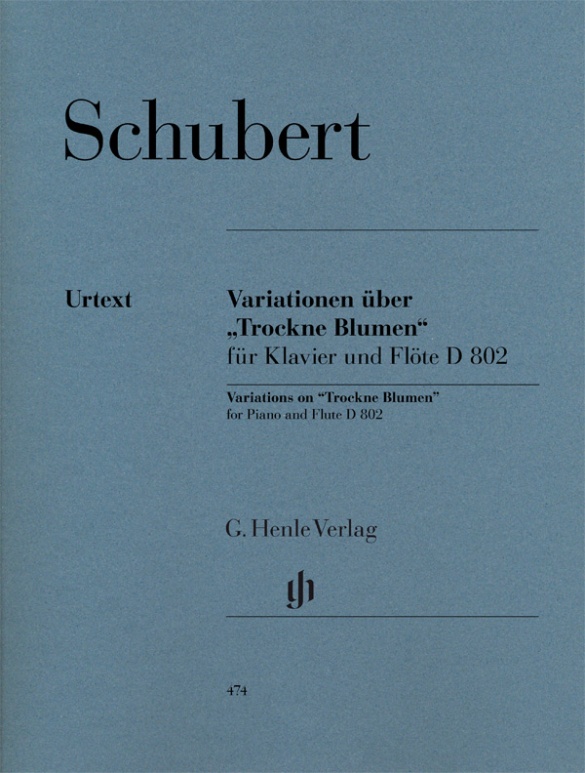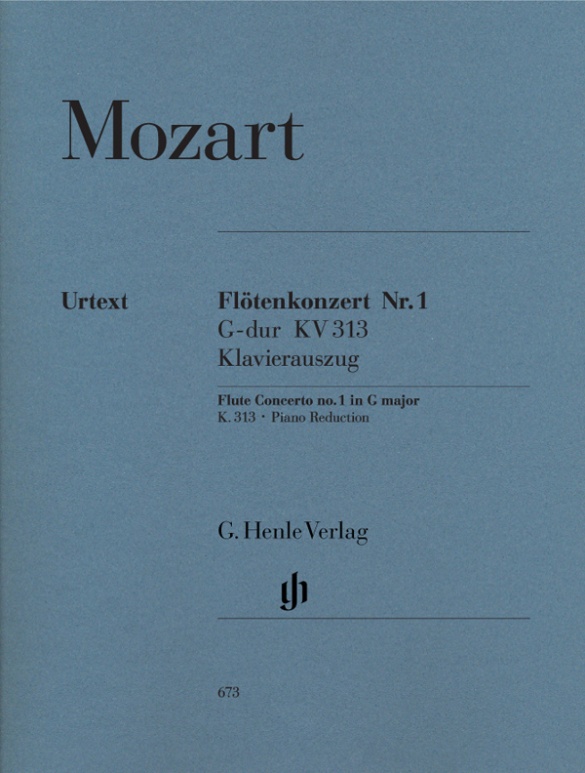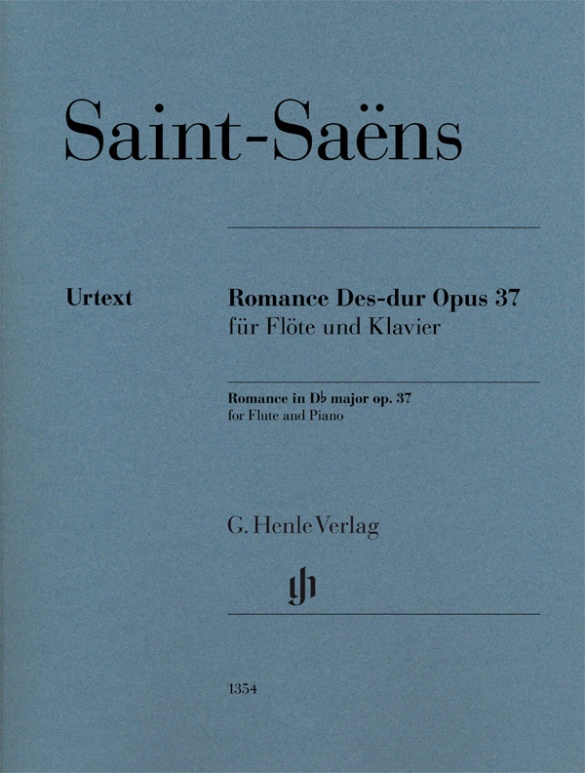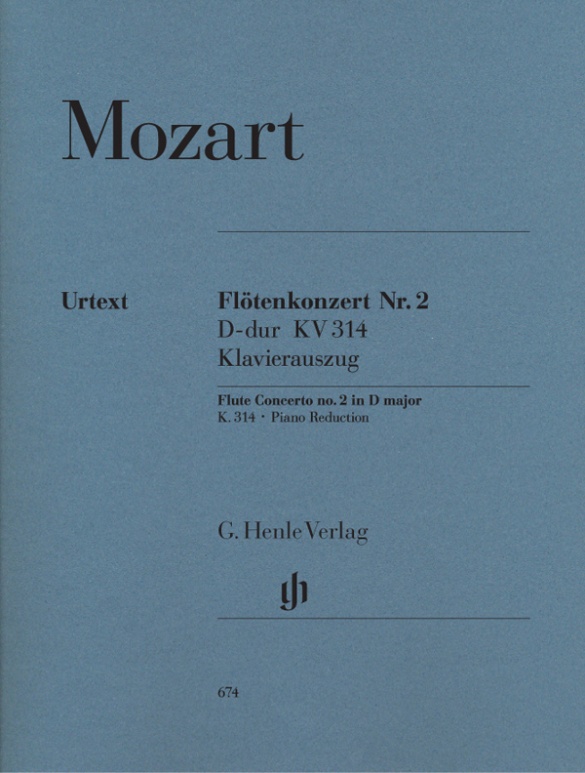Franz Schubert
Variations on “Trockne Blumen” e minor op. post. 160 D 802
Just as in his “Trout” Quintet (D 667), “Wanderer” Fantasy (D 760), and string quartet “Death and the Maiden” (D 810), in the flute variations on “Trockne Blumen” (D 802) Franz Schubert employs one of his songs as the thematic basis of an instrumental composition. “Trockne Blumen” (Dried Flowers) is the eighteenth song from the cycle “Die schöne Müllerin” (D 795), composed in autumn 1823. In January 1824, before publication of all of the Müller songs that summer, the Theme and Variations in E minor for flute and piano were written, prefaced by a weighty introductory section. The work remains Schubert’s single and singular virtuoso composition for flautists: tremendously difficult for the flute to play, and, incidentally, sometimes very tricky for the piano to “accompany.” Schubert’s much-reworked autograph manuscript is the sole authoritative source for our Urtext, as it demonstrably served as the engraver’s copy for the posthumously published first edition. One of the variations he crossed out entirely – the Henle Urtext edition reproduces it, more for informational purposes than for performance, in the appendix.
内容/詳細
作曲家について
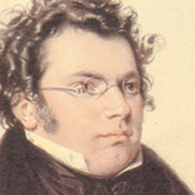
Franz Schubert
He is not only the inaugurator of the art song and its most important composer in the nineteenth century, but he also realized a compositional concept in his instrumental works that opposed Viennese Classicism. Underlying the “heavenly length” of his works is a configuration of time that does not function according to the principle of motivic development, but addresses the notion of lingering; modifications occur mostly not in continuous unfolding, but through sudden eruptions. His ornate songs contradict the ideal of simplicity in the Lied aesthetics of his time, and provide the basis for the art song of the nineteenth century, regarded as they were as exemplary by subsequent generations of composers; they are defined by complex harmonies, an integration of the idioms of instrumental music, semantic models, and a new relationship between text and music in which the poem as a whole is interpreted through the composition, rather than just through word painting. His immense oeuvre in spite of his brief life comprises 600 songs, including his two famous song cycles; seven complete and several unfinished symphonies (including the “Unfinished” in B minor); other orchestral works; numerous pieces of chamber music; fourteen complete and several unfinished piano sonatas as well as other piano pieces; dances for piano and four-hand works; six masses and other sacred compositions; numerous pieces for choir or vocal ensemble, especially for male voices. Although he also contributed to every genre of music theater and his friends predicted a career for him in opera, only two of his ten finished operas were performed during his lifetime, as was the incidental music to “Rosamunde.”
校訂者や運指担当者について
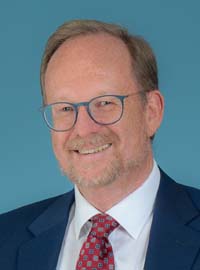
Wolf-Dieter Seiffert (校訂)
Dr. Wolf-Dieter Seiffert, born in 1959 in Frankfurt/M., read musicology, modern German literature, and philosophy at the Ludwig-Maximilians-Universität in Munich. On a scholarship from the “Studienstiftung des Deutschen Volkes”, he did his doctorate in 1990 with a thesis on “Mozarts frühe Streichquartette” (Rudolf Bockholdt). That same year, Seiffert started work at G. Henle Publishers as an editor. Parallel to his work at the publisher, he completed a diploma in business studies at the St. Gallen University, KMU-HSG, financed by the Günter Henle Foundation. Seiffert became managing director of G. Henle Verlag in 2000.
Seiffert has edited numerous Urtext editions for G. Henle Publishers, predominantly on Mozart’s works.

Klaus Schilde (運指)
Schilde won numerous prizes. From 1947 onwards he gave concerts as a soloist and chamber musician on almost every single continent with renowned orchestras. He taught at the music conservatories in East Berlin Detmold, West Berlin, Munich, Tokyo (Geidai) and Weimar. From 1988–1991 he was President of the Staatliche Hochschule für Musik und Theater in Munich, where he
製品安全に関する情報

G. Henle Verlag
製品の製造元に関する情報はこちらでご覧いただけます。G. Henle Verlag
Forstenrieder Allee 122
81476 München
info@henle.de
www.henle.com
おすすめ
autogenerated_cross_selling
このタイトルを含む他の版
このタイトルを含む他の版


